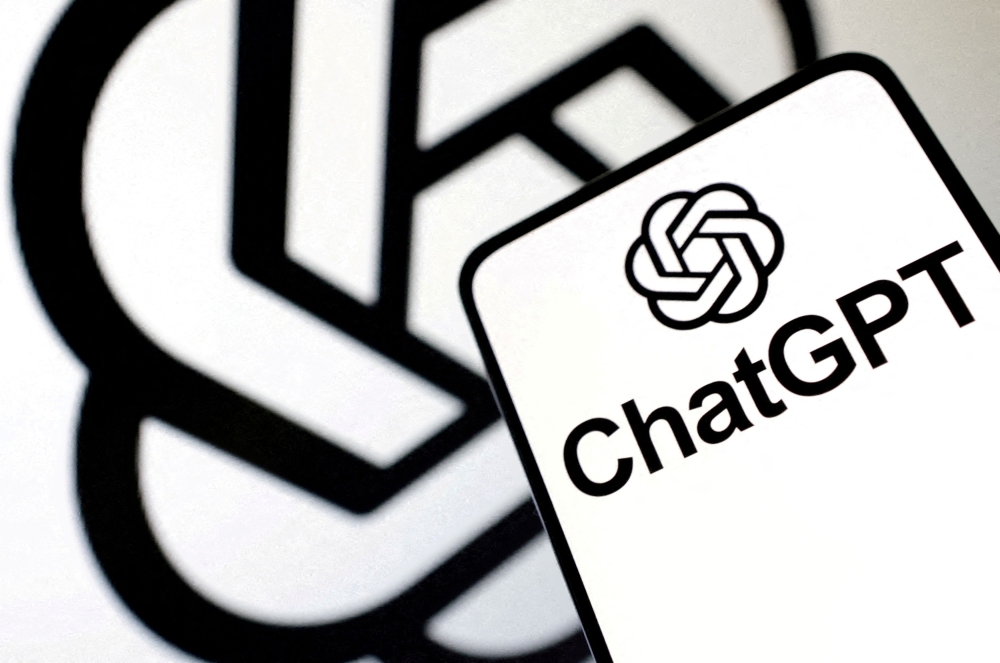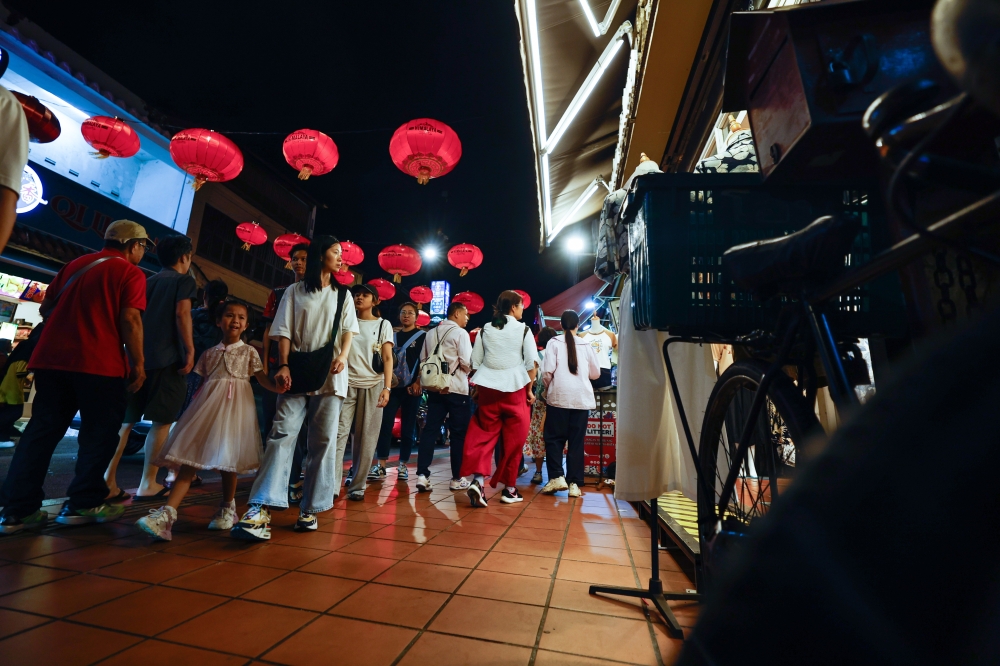MARCH 15 — The emergence of Artificial Intelligence (AI) chatbots last year has, predictably, created huge ripples in the education sector.
As usual, students pick up on these innovations faster than lecturers; hence, this article is a cautious but friendly reminder to students about how these chatbots may be more trouble than they are worth.
I’m sure there are more, but there are at least two areas you good folks who want to graduate need to be wary about.
The first is — surprise, surprise — writing assignments.
Doesn’t take a genius to see that if you use ChatGPT to churn out answers to an assignment which are then subsequently copied-and-pasted and submitted as your work, this is called, uh, cheating.
It’s practically no different from asking someone else to do your assignment for you (see Note 1).
However, I’m reliably informed that some departments in some universities (even the “top” ones) do not require their lecturers to check if students are using AI chatbots to write their essays.
Now think about it for a second and consider how easy it is to submit a written assignment with AI.
I only need to submit the assignment instructions to Gemini and click. Voilà! My assignment is done. If my lecturer lets me get away with this, why would any student be motivated to a) research the topic and/or b) write out the assignment herself?
However, like speeding at 200km/hour on the highway, usually such academic cheating is fine — until it’s not.
Whilst it’s unfortunate that many universities are ignoring AI-generated writing, it’s also true that more and more lecturers are taking it seriously. If you’re a student and you’ve been getting by with ChatGPT in your subjects, be warned: There is a very good chance you may fail your next assignment.
And even if you pass your course, why DON’T you wish to train your academic writing and research skills? Isn’t that what your tuition fees are for?
You can, of course, consult your AI assistant to help you generate ideas but — and this is crucial — you absolutely must resist the temptation to copy and paste whatever output appears into your assignment submission document.
What I’d recommend is to take the summarised ideas and Google those ideas instead. Treat it like someone churning out options when chatting in a kopitiam; you wouldn’t want to “memorise” what he says (the real-life equivalent of copy-and-pasting), would you? Just listen to the speaker, take short notes and get more information yourself.
Secondly, and this is for those about to graduate, I wouldn’t recommend using AI to generate recommendation letters (see note 2).

It’s boring, it’s repetitive and the poor college entrance administrators will be eventually pissed off having to read a few dozen similarly written recommendations. Best to get a lecturer to write a good personalised (and usually short) note “to whom it may concern” and that’s it.
If one of the problems about AI is the gradual diminishing of what’s “human” about life and society, the simple note from a lecturer saying why a certain student is worth taking into a course or job may be one of the last refuges for authenticity.
* Note 1: I’m well aware that in many corporations ChatGPT is used liberally and employees may even be reprimanded for not using these AI resources as best they can.
Alas, this is the unfortunate divide between the corporate world and the academic world; however, as long as students remain in the latter, cheating is still cheating. Having said that, there are many ways ChatGPT may still benefit students if used appropriately.
* Note 2: Yes, students often write their own recommendation letters which are then signed by the lecturer named therein.
** This is the personal opinion of the columnist.






















